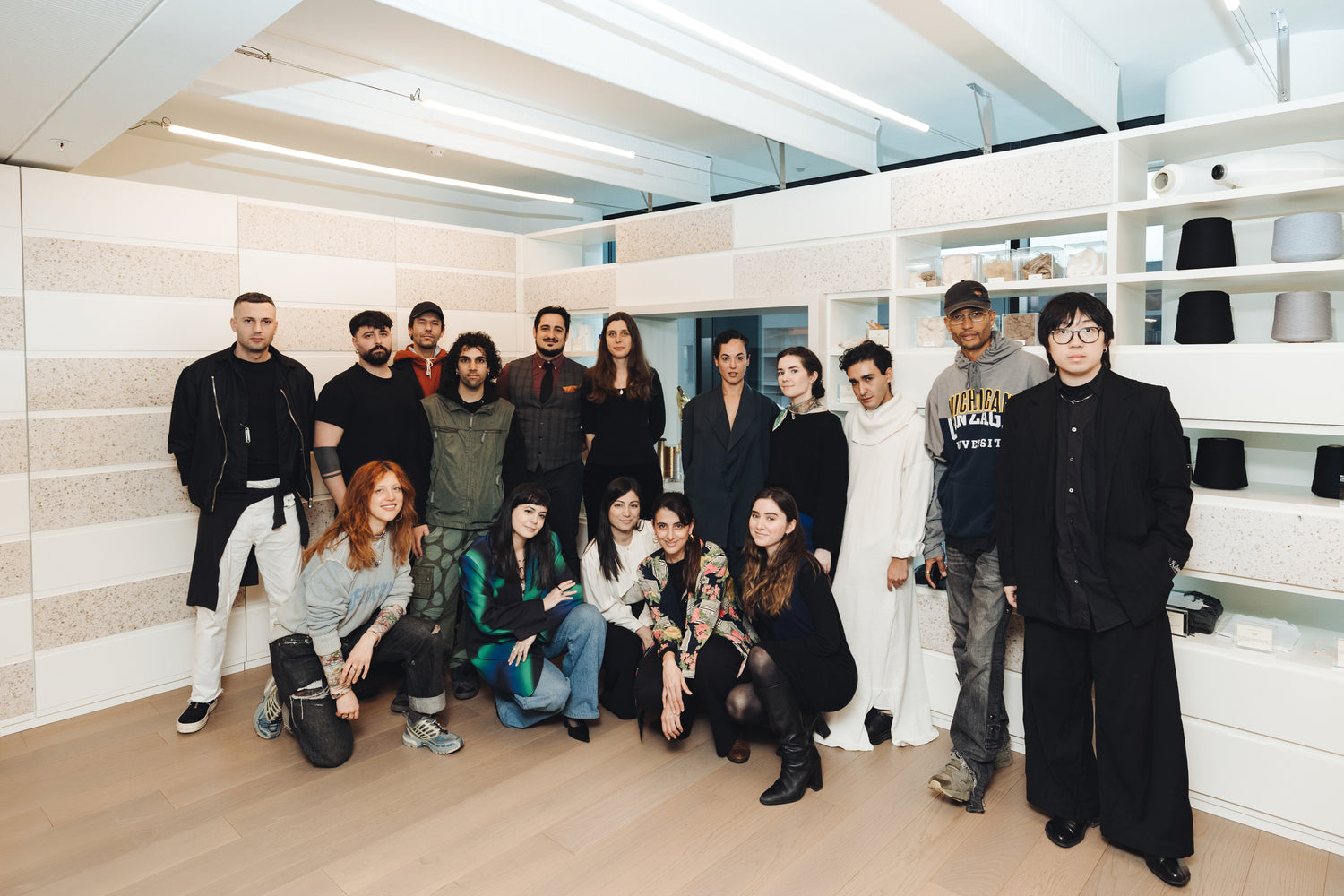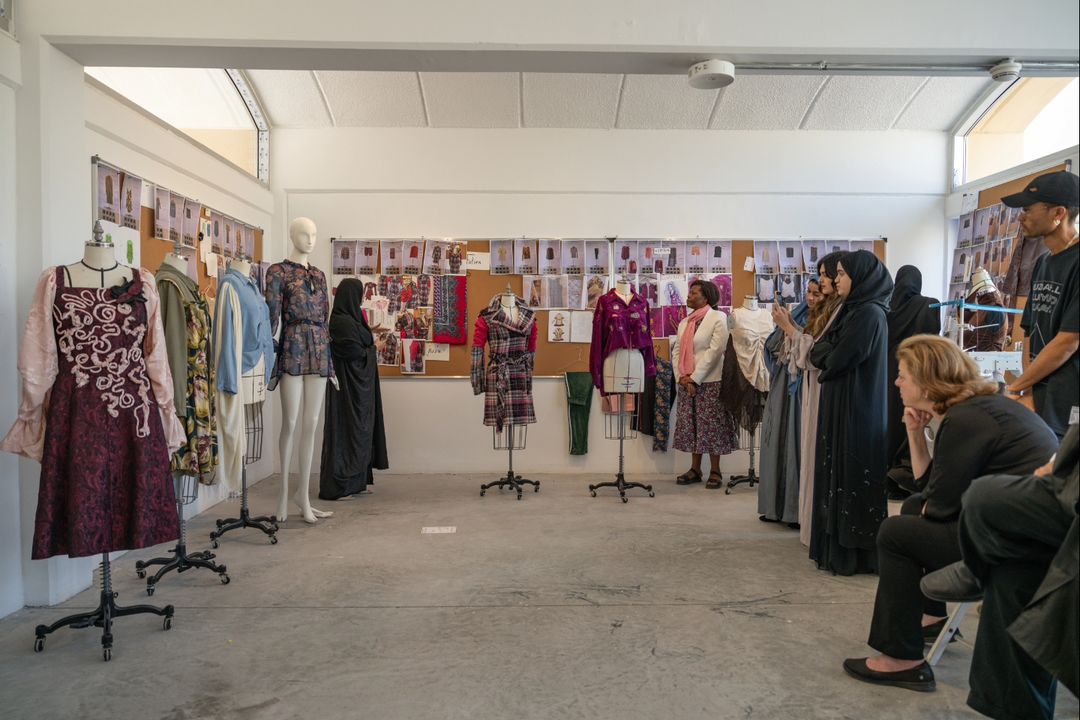
ABOUT
In a defiant act called RETURN TO SENDER, Kampala-based BUZIGAHILL redesigns second-hand clothes from Europe, the USA and Asia, and redistributes them to their origins in the Global North.
BUZIGAHILL and RETURN TO SENDER are a direct response to the impacts of second-hand clothing on Uganda’s textile industry. RETURN TO SENDER represents BUZIGAHILL's ability to participate in the global contexts of art, fashion and activism by creating critical and desirable products. This is a collective refusal to remain stuck at the end of the second-hand supply chain.
Bobby Kolade
Fashion designer Bobby Kolade is the founder and creative director of BUZIGAHILL.
Kolade was born in Sudan to Nigerian-German parents and grew up between Kampala and Lagos. He holds a masters in Fashion Design from the Academy of Arts Berlin Weissensee and has professional experience at Maison Margiela and Balenciaga in Paris.
2024
What Design Can Do Festival - Amsterdam

202030 - The Berlin Fashion Summit #8 - Berlin

An Evening With Bobby Kolade - Rotterdam

Pitti Uomo - Italy

State Of Fashion Biennale: Ties That Bind - Arnhem

Kering Material Innovation Lab - Milan

Make Good Symposium - London

SAT02 x University of Sharjah - Sharjah

2023
Official Merch Partner: Sharjah Architecture Triennial 2023 - Sharjah

Sharjah Architecture Triennial - Sharjah

Obroni Wau October - Accra

Fashion For Good - Amsterdam

Drop 05 - London
Selfridges X Lagos Fashion Week - London

2022
Background

DROP01 - Kampala

PRODUCTION

Global Fashion Summit - Copenhagen

Royal College of Arts - London

Konsum in der Kunst - Biberach an der Riss

2021
Vintage or Violence - Kampala

Taking Care of God - Tour

Vogue Business & Google Summit

2018
Owino Market

The East African Community and the Second-Hand Clothing Ban

1972
Iddi Amin’s Expulsion of Asians and Disruption of Uganda’s Textile and Clothing Industry.

The Arrival of Second-hand Clothes

1960
Industrial Growth in Uganda

Uganda’s Independence

1954
The Arrival of Missionaries, Colonialism and Cotton
